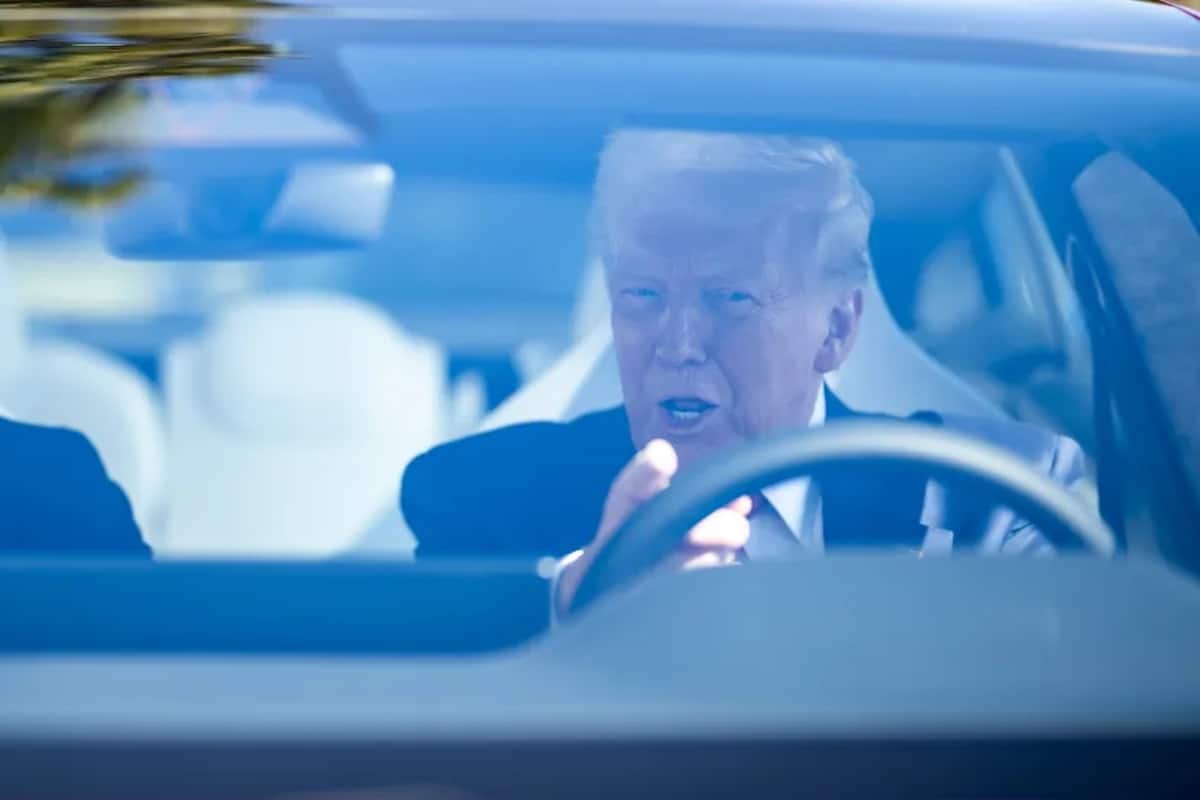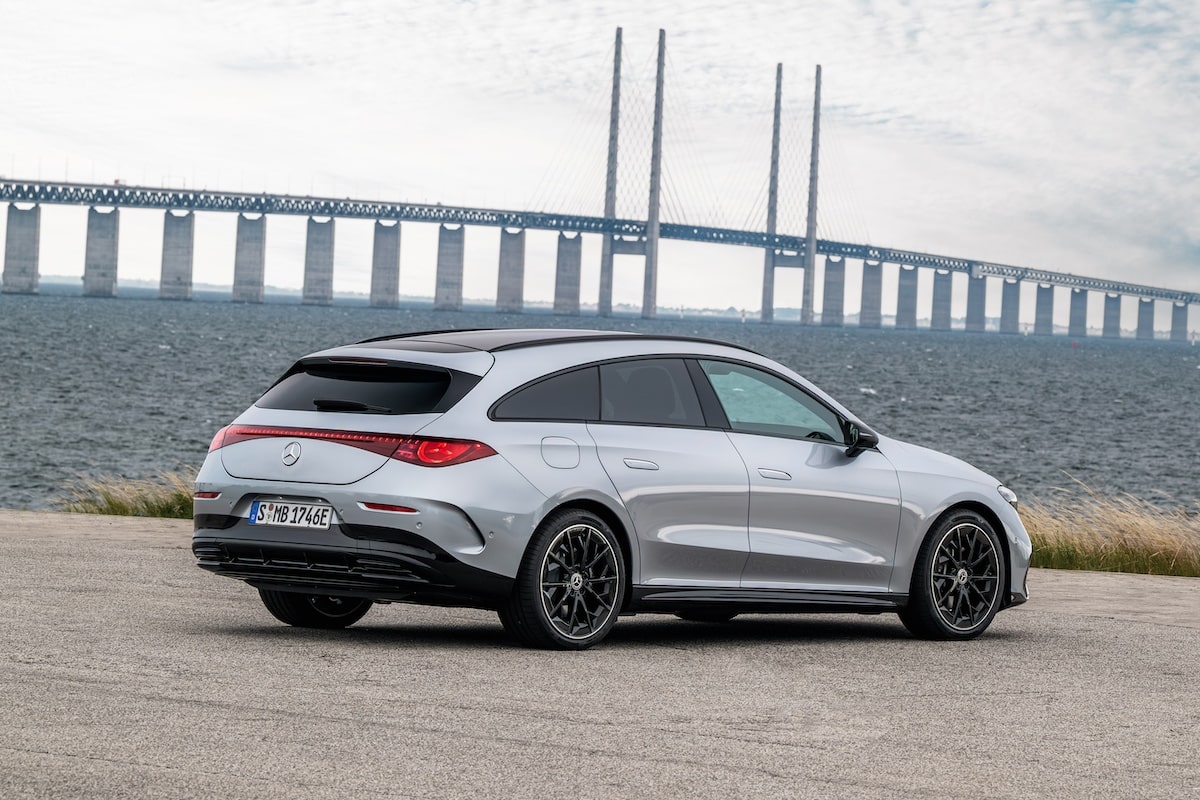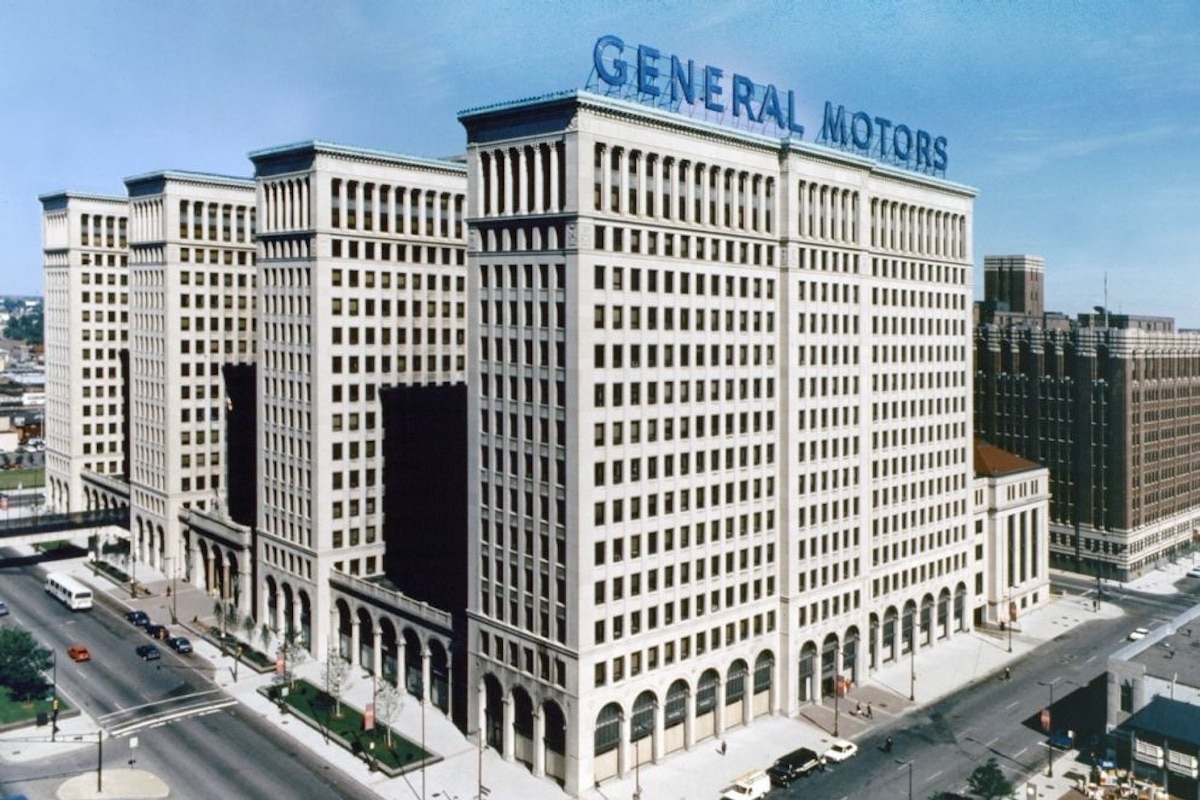European car manufacturers hit hard by American taxes

A progress… under duress? Here’s what the US-EU trade deal changes for the automobile industry.
The trade agreement reached this Sunday between the United States and the European Union marks a turning point for the European automotive industry. It represents both a diplomatic advance and a lasting economic burden. Henceforth, vehicles and automotive parts exported from Europe to the United States will be subject to a uniform customs tariff of 15%, which is more than triple the current average of 4.8%.
While this agreement narrowly avoids the imposition of punitive tariffs of 30% starting August 1, it is not universally regarded as a victory. In Germany and Italy, the compromise is seen as a welcome de-escalation. German Chancellor Friedrich Merz and Italian Prime Minister Giorgia Meloni have welcomed an agreement that removes the shadow of a trade war. Ursula von der Leyen described it as a “good deal” after tough negotiations.
Is the French automotive industry sacrificed?
But in France, in keeping with a particularly Gallic tradition, the tone is quite different. Prime Minister François Bayrou denounced a “dark day” for Europe, accusing the EU of “resigning to submission.” The Minister for European Affairs, Benjamin Haddad, calls for the activation of the EU’s anti-coercion mechanism to restore balance. As for the Minister of Commerce, Laurent Saint-Martin, he criticizes Brussels’ soft strategy. “Donald Trump only understands strength,” he stated, lamenting the absence of firmer retaliatory measures. This French position is quite logical, since for the majority of analysts, only high-end manufacturers who export significantly from Europe will gain relative benefit. And these are Italian and German manufacturers, not French ones.
In essence, critics highlight an unbalanced agreement reached under duress. Washington secures a substantial increase in its tariffs without a corresponding move from the European side. For the automotive sector, the consequences are immediate. The VDA (German Association of the Automotive Industry) estimates losses in the billions of euros annually for German manufacturers, already under pressure with the transition to electric vehicles.
You might be interestedin this article:
Beyond any analysis, there is one certainty. These new taxes cannot be fully passed on to prices without harming volumes. The European automotive sector will therefore have to reassess its locations, logistics strategies, and even its selling prices.
The agreement eases tensions, but at what cost? While exports of medicines or electronic equipment benefit from protective clauses, the automobile remains one of the most penalized sectors. Ultimately, the compromise signed in a Scottish golf course owned by Donald Trump seems primarily to seal his victory in a power dynamic that he has successfully established and imposed… and there will be no additional loophole.
ALSO READ: Donald Trump sabotages Jeff Bezos’ $20,000 car project
This page is translated from the original post "Les constructeurs automobiles européens prennent la claque des taxes américaines" in French.
We also suggestthese articles:
Also read






